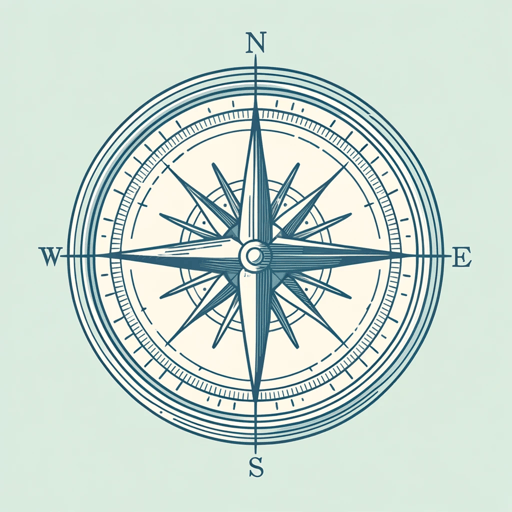58 pages • 1 hour read
Niall FergusonCivilization: The West and the Rest
Nonfiction | Book | Adult | Published in 2011A modern alternative to SparkNotes and CliffsNotes, SuperSummary offers high-quality Study Guides with detailed chapter summaries and analysis of major themes, characters, and more.
Important Quotes
“The critical point is that the differential between the West and the Rest was institutional. Western Europe overtook China partly because in the West there was more competition in both the political and the economic spheres.”
(Introduction, Page 13)
The premise of Ferguson’s text is that what he categorizes as the West has been ahead of “the Rest” starting from the Early Modern period. He credits this advancement to competition, science, property rights, the work ethic, modern medicine, and the consumer society that existed in the West. These “killer apps” were also supported by overarching institutional arrangements that allowed the West to advance.
“Yet any history of the world’s civilizations that underplays the degree of their gradual subordination to the West after 1500 is missing the essential point—the thing most in need of explanation. The rise of the West is, quite simply, the pre-eminent historical phenomenon of the second half of the second millennium after Christ. It is the story at the very heart of modern history. It is perhaps the most challenging riddle historians have to solve. And we should solve it not merely to satisfy our curiosity. For it is only by identifying the true causes of Western ascendancy that we can hope to estimate with any degree of accuracy the imminence of our decline and fall.”
(Introduction, Page 18)
Ferguson traces the rise of the West to the 16th century in contrast to other scholars who do so closer to the 1800s. He also considers Western dominance a focal point of the past two millennia. Yet, in his view, this level of success has not been adequately explained—which is his purpose for writing this book.
“Another argument, popular in the twentieth century, was that Confucian philosophy inhibited innovation. Yet these contemporary explanations for Oriental underachievement were mistaken. The first of the six distinct killer applications that the West had but the East lacked was not commercial, nor climatic, nor technological, nor philosophical. It was, as [Adam] Smith discerned, above all institutional.”
(Chapter 1, Page 20)
Ferguson considers competition to be the first of his “killer apps” that gave the West an edge over other parts of the world. He provides a comparative study of Europe and China in the late Medieval and Early Modern periods. Initially, China surpassed Europe in many ways such as technological development, city size, and maritime exploration. In Ferguson’s view, what made China stagnate after the 17th century and made Europe surge forward was competition. This competition was between countries, city-states, individuals, explorers, and the first joint-stock enterprises like the Dutch East India Company.
Related Titles
By Niall Ferguson


